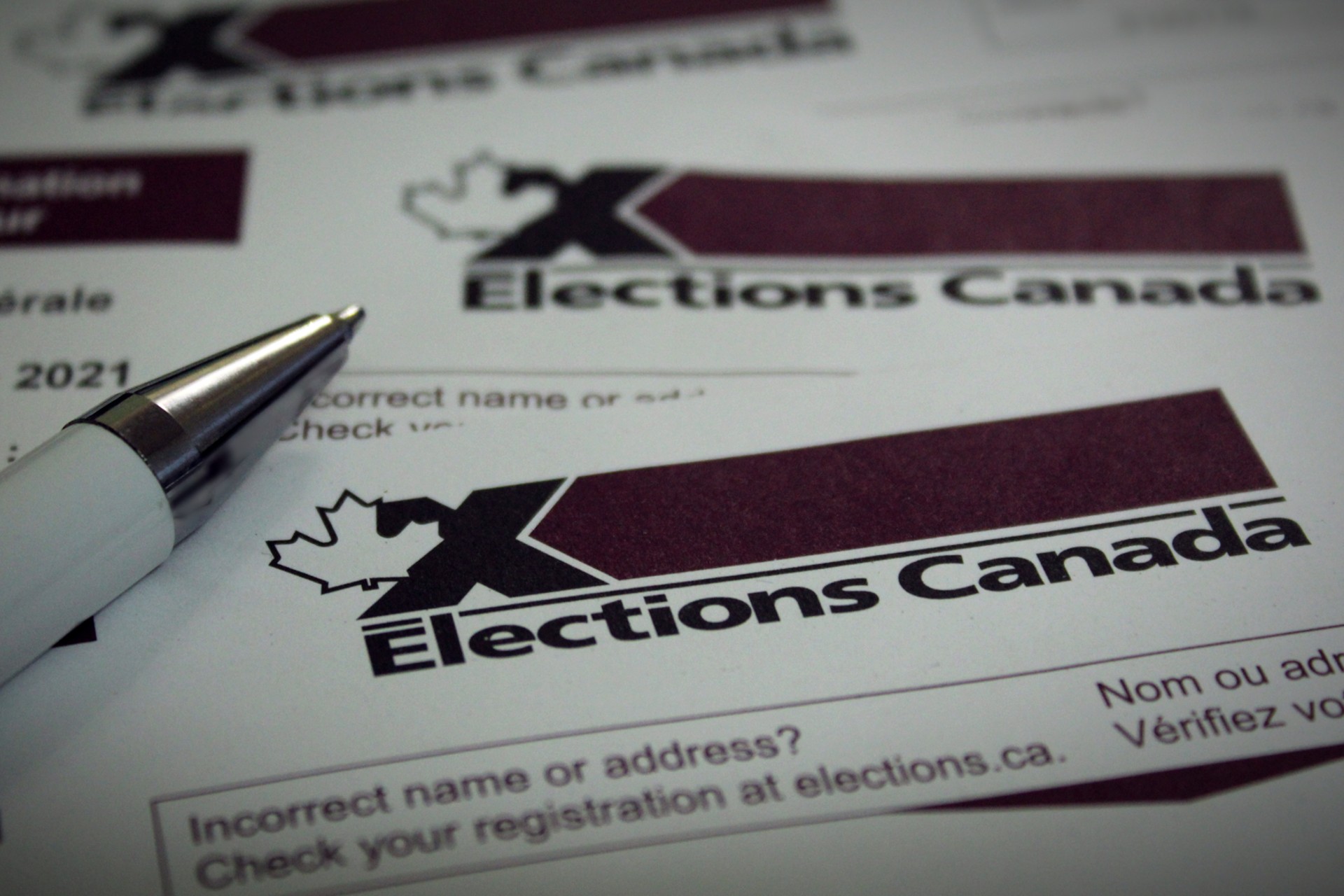As the September 20 federal election approaches, post-secondary students are finding it difficult to have their voices heard both inside the polling booth and on public forums.
Voters aged 18 to 24 consistently have the lowest turnout rates among all age groups. However, the recent cancellation of the Vote on Campus program is expected to further hinder the participation of young voters.
Dugald Maudsley, regional media adviser for Elections Canada in the GTA, says the decision was made in the fall of 2020 due to the pandemic and the incumbent minority government.
“The minority government meant it was difficult for Elections Canada to provide campus administrators with a clear timeline to secure the space required and help us recruit the election workers needed to deliver the program. Also, some campuses around the country are not accessible unless you are fully vaccinated, creating uncertainty around students’ ability to be present on campus.”
Ijade Maxwell Rodrigues, York’s chief of government and community relations, states that York was concerned about the cancellation of the program due to its importance to young voter turnout.
“York believes the cancellation of Election Canada’s Vote on Campus program will create barriers for students who wish to vote in the coming federal election. That is why President Lenton wrote to Elections Canada this past November to express her concerns about the cancellation of this program and the impact it will have on the ability for our students to participate in the democratic process.”
Young voters also believe a lot of key issues that affect them are being overlooked. In an interview with CTV News, Katherine Scott, senior economist at the Canadian Centre for Policy Alternatives, has said that topics such as “access to education, the current crisis around affordability, and trying to get established in the labour market” are being glossed over this election cycle.
Major party candidates running in Humber River — Black Creek, York’s riding, have been able to address the concerns of students.
James Auer, spokesperson for Judy Sgro, Liberal candidate and member of parliament (MP), states that the Liberals will continue to support students financially.
“A re-elected Liberal government plans to permanently eliminate the federal interest on Canada Student Loans and Canada Apprentice Loans to support young Canadians who choose to invest in post-secondary education. Furthermore, we doubled Canada Student Grants to up to $6,000 for two years, to support young people through the pandemic.”
In addition, Auer states that the Liberals plan to introduce a new fund for student mental health, make it easier for international students to apply for permanent residence, and create 160,000 affordable housing units over the next decade.
Rinku Shah, the Conservative candidate, could not be reached for comment.
Matias de Doviitis, the New Democratic Party (NDP) candidate, proposes a few policies to ease the financial burden on students: education would be fully integrated and free of charge from childcare to the post-secondary level, $5,000 in emergency tenant relief, and 500,000 housing units over the next decade.
“Life has gotten more expensive for everyone throughout the pandemic. Students and young people have higher barriers than we have seen in generations to get ahead. Housing prices have exploded, education is becoming less accessible, the climate crisis is getting worse. But changes can be made that can improve all of our lives and make our society more sustainable. We need to invest in health, education, the environment, and real reconciliation with Indigenous communities to get there.”
Raatib Anderson, the People’s Party of Canada (PPC) candidate, says that if elected, the PPC plans to ease the housing crisis by reducing immigration by 75 per cent and lowering inflation by cutting government spending. Anderdon also says students should consider the ramifications of investing in a university education.
“We should better cater to unique skill sets, provide better education and opportunities to grow prior to teenagers and young adults deciding how they will earn a living while maneuvering through society. I will not lie to post secondary-students today and promise free tuition or increased loans, only for them to be living in poverty during retirement as a result of hyperinflation, stagnant pensions, and unfathomable expenses in the future.”
Unblind Tibbin, the Green Party candidate, also proposes free education and eliminating student loans. He emphasized the importance of transitioning to a green economy to create jobs and to ensure that future generations do not suffer from the effects of climate change.
“It doesn’t make any sense to force our youth into poverty with student debt for the first 10 years of their lives when they seek to better themselves by going to university. We need to invest in the youth and turn towards a green economy and create green jobs, because that’s the way of the future.”




